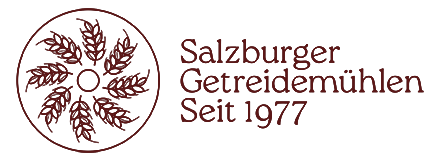Maybe some of you don’t know that much about vitamin K and how important it is for our body. Like vitamin D, vitamin K is also a fat-soluble vitamin. The two vitamins D and K are also interdependent and often only their combination can do positive things in our body.
Vitamin K has two different forms vitamin K1 and K2 and is a necessary regulator for blood clotting and can establish a good balance in blood clotting ability. Likewise, vitamin K, by activating a certain protein (matrix GLA protein), can prevent the calcification of blood vessels, in the arteries as well as in the veins. This is what recent studies have shown.
In “cooperation” with vitamin D, vitamin K has a supporting effect on calcium metabolism and thus on teeth and bones. On the one hand, vitamin K deficiency results in low bone density, and on the other hand, the risk of osteoporosis increases – even if sufficient vitamin D is available.
Vitamin K1 is found in various foods, vitamin K2 is produced by microorganisms, but is also found in food. Vitamin K1 is found in various green plants and herbs such as chives and parsley, spinach, broccoli and leaf lettuce. Vitamin K2, on the other hand, is found in cheese, butter and egg yolks.
Source:
For cardiovascular and bone. Not only blood clotting needs vitamin K. in: BIOBlick. Magazine for Nutrition and Health, Issue 1/2017, p. 7 u. 8
Address:
Gasteigweg 25,
5400 Hallein
Austria
Opening hours:
Monday to Thursday: 09 – 16:00
Friday: 09 – 12:00
Contact:
Phone: +43 6245 83282
E-mail: [email protected]
Address:
Gasteigweg 25,
5400 Hallein
Austria
Opening hours:
Monday to Thursday: 09 – 16:00
Friday: 09 – 12:00
Contact:
Phone: +43 6245 83282
E-mail: [email protected]

